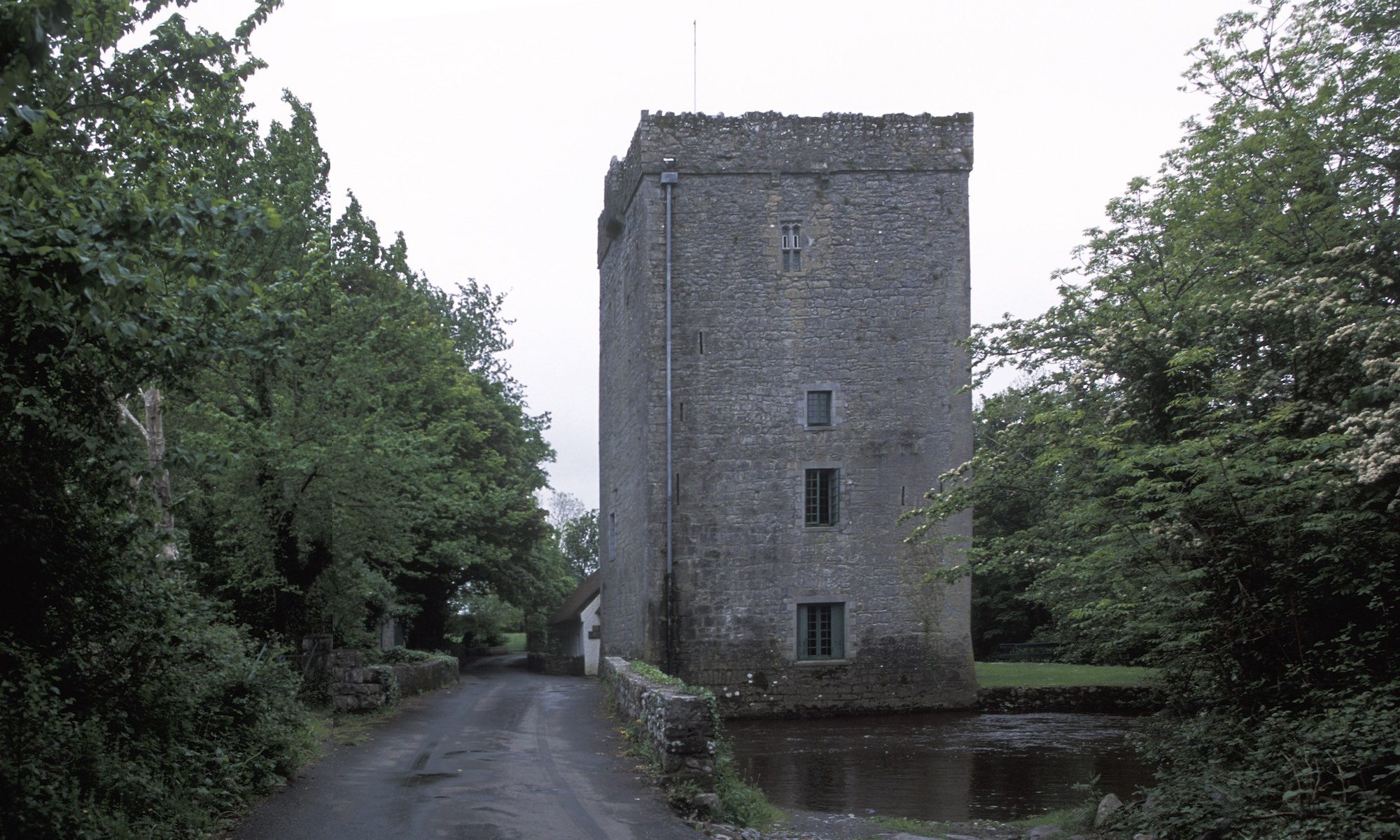Wisdom, W.B Yeats
The true faith discovered was
When painted panel, statuary.
Glass−mosaic, window−glass,
Straightened all that went awry
When some peasant gospeller
Imagined Him upon the floor
Of a working carpenter.
Miracle had its playtime where
In damask clothed and on a seat
Chryselephantine, cedar−boarded,
His majestic Mother sat
Stitching at a purple hoarded
That He might be nobly breeched,
In starry towers of Babylon
Noah’s freshet never reached.
King Abundance got Him on
Innocence; and Wisdom He.
That cognomen sounded best
Considering what wild infancy
Drove horror from His Mother’s
breast.
Written in 1926, W.B Yeats’ “Wisdom” was first published on October Blast and appeared as the third poem in the 1927 collection. It would then appear as the tenth poem in “The Tower,” published on 1928.
In “Wisdom,” Yeats imbeds subtle yet ironic nuances of arcadian forms of Christianity. The ironic commentary begins almost immediately, writing “true faith discovered was/ When painted panel, statuary.” Here, the choice of syntax “true faith” works at the level of canny critique of the Christian Church. Considering the context of the collection of “The Tower” that was partly set during times of civil war, the addition of this poem can be seen as a bold− and possibly dangerous− move. As the poem progresses, the irony Yeats embeds throughout the text begins to manifest into a significantly more bitter and pronounced criticism of the Christian religion. As the poem progresses, it shifts its focus into a vision of what the religion could have potentially been produced into. What would have transpired is displayed in the lines reading “His majestic Mother sat/ Stitching at a purple hoarded/ That He might be nobly breeched.” The image exhibited here is that of an awkward and uncomfortable Virgin Mary who is posing for portraits rather than living an authentic life. That is, “Miracle (Jesus) had its playtime where/ In damask clothed and on a seat/ Chryselephantine (decadent and delicate beauty), cedar−boarded/ His majestic Mother sat (The Virgin Mary sat posing).” For the speaker, the “Wisdom” and the “true faith” newly discovered is contradicted by the irony in which it alludes to where abandoning one’s basic sense of humanity becomes a sort of prerequisite in enjoying the fruitfulness of the religion.
